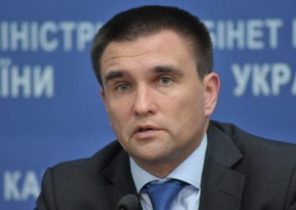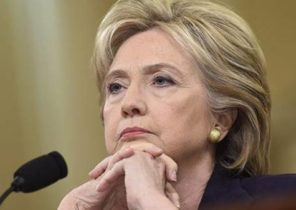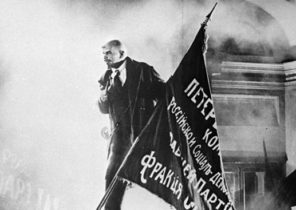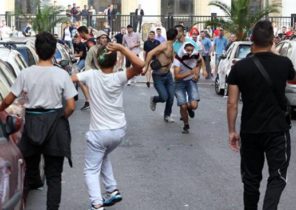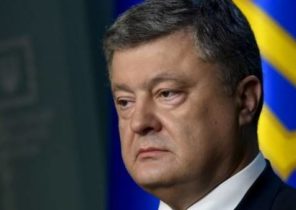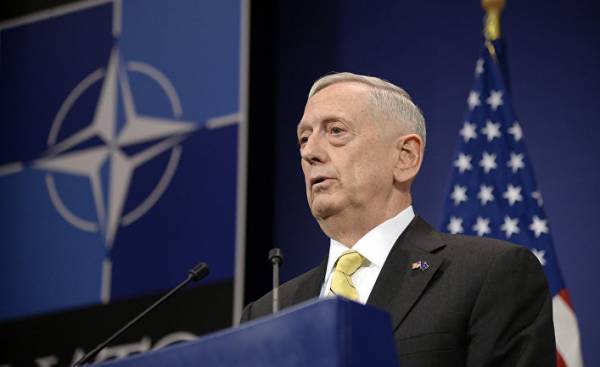
Statements of Deputy US President Mike Pence (Mike Pence) and Minister of defense James Mattis (James Mattis) during the Munich security conference has alarmed European partners in NATO. The Americans want the European members of NATO have increased their military spending. While the United States, are less likely to need to preserve NATO spend on military spending 3.3% of GDP, the defence spending of all other NATO members below, and it bothers the new us administration. Such NATO members like Britain, France and Turkey, isolated, to the military about 2% of GDP, and countries such as Germany, the Netherlands and Spain, is about 1.2%.
Washington, apparently, determined to change this situation. He insists that the European members of NATO have increased their military spending and took on more responsibility in resolving international problems. This is, without a doubt, seriously worried the European NATO members, especially Germany.
What caused their anxiety?
Under the dome of security that was previously provided by the United States, the European members of NATO limited military spending and focused on economic development. They preferred to as a leader in solving international issues by the U.S., and whenever possible tried to keep a distance. A partial exception here can be called France. In addition to the period of the presidency of Sarkozy’s France, as a rule, objected to the US leadership in the political sphere and security, and competed with Washington. However, the attempt of Paris to create a new security structure under the aegis of the European Union (EU) as an alternative security architecture, under the leadership of the United States in Europe, especially in the period after the cold war was not a success. As a result of this failure, the United States remained the most important player in the system of security in Europe.
But with the election of Donald trump President of the United States, the Europeans faced a serious dilemma.
New American leadership — the level of confidence of Europeans which has not yet been determined — pressing on them in the question of arms buildup.
They don’t know against whom is aimed this weapon, because still have no idea about what policies trump will pursue towards Russia, which they in most cases consider as the main threat. If America will be focused on cooperation with Russia, then who will be the target of a NATO campaign to adopt?
What will they do with trump’s attitude to NATO, which the us President called the “legacy” of the Alliance?
Even if the answer to all these uncertainties about trump and NATO, they will try again to find ways to develop a kind of collective defense structures under the auspices of the EU, it will be difficult to establish such cooperation in the security field, when wounded PACSICOM the EU is in such a difficult position. In terms of talking about the fact that after Brexia other members of the EU, too, will secede from the Union that Greece leaves the Eurozone, as well as restless waiting for the results of opponents of the EU on the elections in France and Germany, Brussels will be extremely difficult to respond to uncertainty within the organisation by building a security framework under the auspices of the EU.
In such circumstances, European countries such as Germany, will inevitably perform incoming US requirements, increasing their military spending and taking a more active role in resolving international crises. And how they will be able to trust the administration trump, time will tell.
The part of NATO members residing in suspense, is the Baltic States and Eastern Europe, who see for themselves a direct threat from Russia. Those countries that do not feel safe after the Russian intervention in Ukraine, Georgia and Moldova cannot be confident in the policy of the administration trump against Russia.
While Turkey — another NATO member that was waiting for Alliance to show solidarity in the fight against international terrorism at the moment is extremely disappointed with the Alliance.
Turkey, which needs the support of its allies in NATO, under pressure from groups such as the Kurdistan workers ‘ party (PKK) / Party Democratic Union (PYD), ISIS (banned in Russia as a terrorist organization — approx.ed.) and terrorist organization FETÖ of Fethullah Gulen (Fethullah Gülen), not only does not receive this support, but also becomes a witness of how some NATO members directly or indirectly support these movements.
The decisive factor in the shaping of future policies of Turkey in relation to NATO will be the question of whether to keep the new American administration, which wants to cooperate with Ankara in the fight against ISIS, its position in relation to FETÖ and the PKK / PYD.
